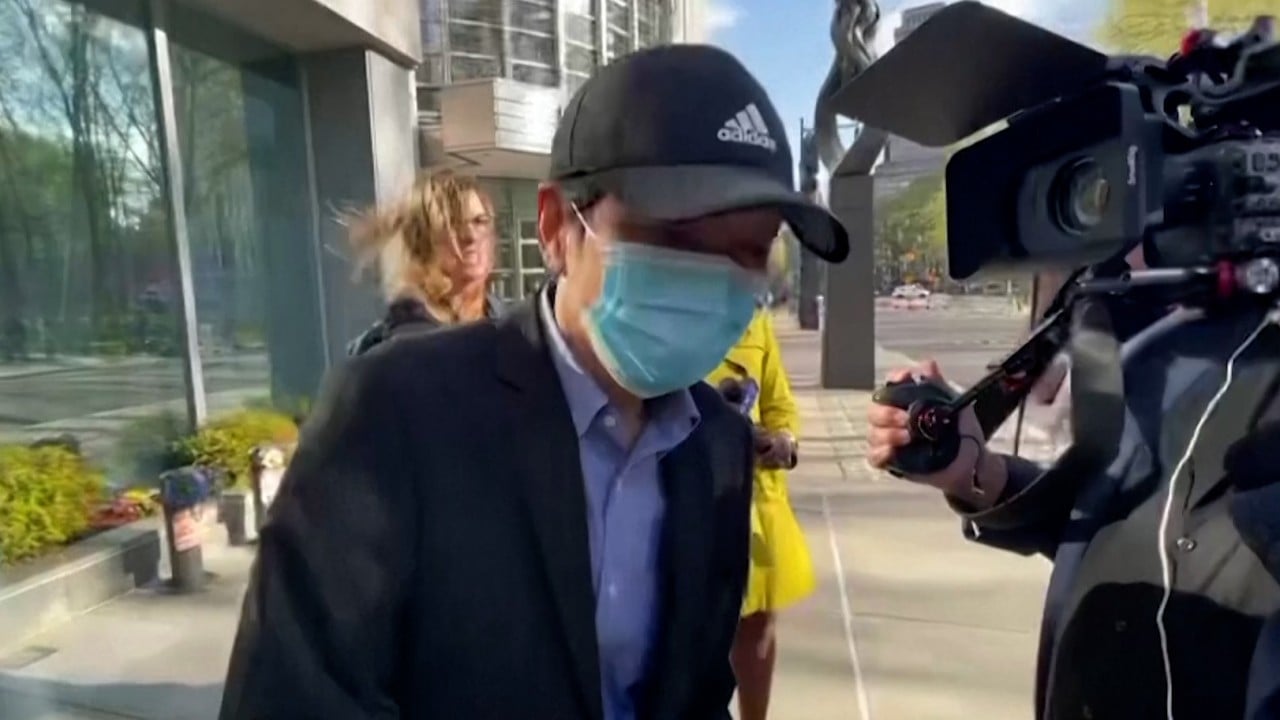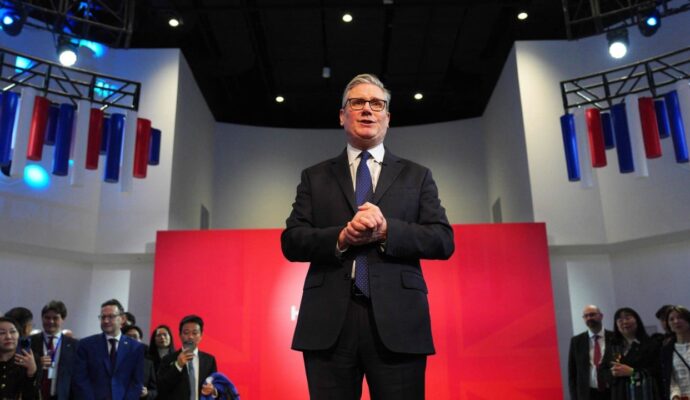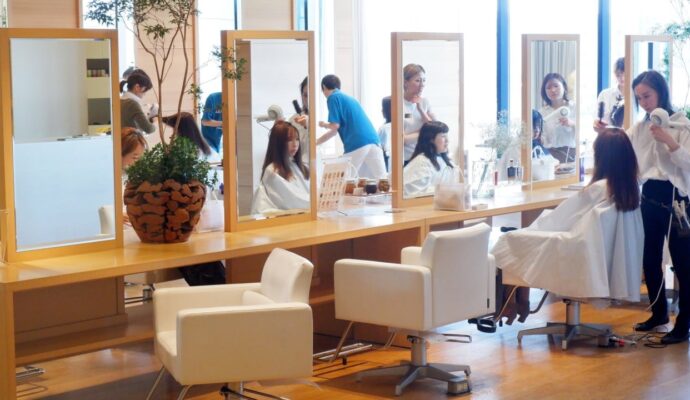Xinhua said nearly 1,200 representatives of returned overseas Chinese and their relatives from across the country, and nearly 600 overseas Chinese from more than 100 countries, attended the congress.
Ethnic Chinese communities have been the largest source of China’s foreign direct investment since the 1980s. Beijing’s United Front Work has also been known to tap these communities to advance China’s agendas overseas.
China puts Taiwan ‘reunification’ effort at heart of national revival plans
China puts Taiwan ‘reunification’ effort at heart of national revival plans
Li Xi called on overseas Chinese to “resolutely oppose independence and promote reunification”, deepen the “integration and development of various fields” and promote the “spiritual harmony of compatriots on both sides of the strait”, Xinhua said.
Advertisement
“We must take a clear-cut stand against all talk and action that split the country, continue to consolidate the great unity of the people of all ethnic groups, the great unity of the sons and daughters of the Chinese people at home and abroad, forge a sense of the community of the Chinese nation, and gather the majestic forces for the construction of a strong country and national rejuvenation,” Li was quoted as saying.
He praised Chinese overseas for their contribution to Beijing’s economic development, easing poverty, fighting Covid-19, the opening up and long-term prosperity and stability of Hong Kong and Macau and work towards reunifying with Taiwan.
He urged a joint effort to realise the party’s second centenary goal of building China into a great modern socialist country in all respects, and to advance the rejuvenation of China.
Li Xi also described overseas Chinese as a bridge between China and their country of residence where he hoped they would “abide by the local laws where they live, respect local customs, actively integrate into and give back to the local society”, to improve their achievements.
Advertisement
Beijing views the self-ruled Taiwan island as its territory and has not renounced the use of force to bring it under its control.
It has suspended official talks and exchanges with Taiwan since Tsai Ing-wen, of the independence-leaning Democratic Progressive Party (DPP), was elected president in 2016 and refused to accept the one-China principle.
Advertisement
The mainland has steadily turned up political and military pressure on Taiwan since 2018, when the United States made continued moves to advance Taiwan-US relations. The US, like most countries, does not recognise Taiwan as an independent state but is opposed to any unilateral change by force of the cross-strait status quo.
Beijing says Taiwan reunification opponents ‘will stink for 10,000 years’
Beijing says Taiwan reunification opponents ‘will stink for 10,000 years’
Advertisement
Meanwhile, Beijing has sought to improve general Taiwanese investment access to the mainland market to woo the island’s business community.
Advertisement


